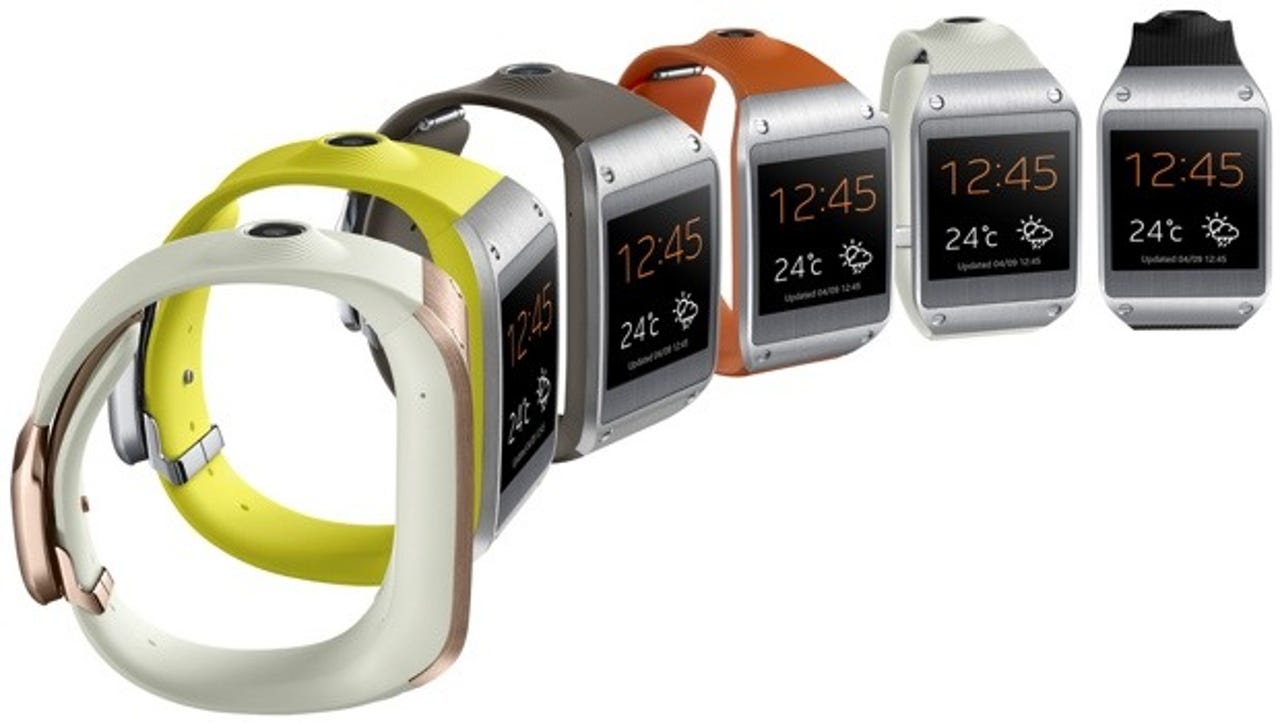Smartwatches won't be a big hit over the holiday season, says Gartner

Now that smartphones and tablets have gone mainstream, hardware makers are on the lookout for the next big thing, and one of the markets that everyone is eyeing is smartwatches. But analyst firm Gartner is warning that, despite all the hype, they are unlikely to be featured on many consumers' holiday wish lists this year.

The problem, according to Gartner, is a combination of premium pricing and "unclear value proposition," and that this will instead drive consumers towards tablets and fitness bands.
Featured
"Samsung and other well-known vendors have recently entered the smart watch space, yet the products we have seen so far have been rather uninspiring in terms of design, available apps and features," said Annette Zimmermann, principal research analyst at Gartner. "As a result, Gartner predicts that wearable devices will remain a companion to mobile phones at least through 2017, with less than one percent of premium phone users opting to replace their phone with a combination of a wearable device and a tablet."
"The convenience aspect of using a watch for interaction while leaving the larger-screen phone or tablet in the bag or pocket is something that users can relate to and probably recognize its value," said Ms. Zimmermann. "However, there are still several significant barriers to mainstream adoption, including low interest and awareness among consumers, poor design and price."
Take Samsung's Galaxy Gear as an example. Here is a companion device that connects to the Galaxy Note 3 phablet, but for $300 the value it adds is hazy at best. It is also restricted to working with only one device, limiting both its appeal and market.
Earlier this week a report claimed that Samsung has shipped 800,000 Galaxy Gear smartwatches.
And that $300 could be far better spent, for example, on another tablet.
My experience with wearable devices suggests that there are many tech-related issues that need addressing. Battery life, charging, usability, robustness, style, upgradeability, and reliability are all aspects that need to get better.
Take the Jawbone Up as an example. I wear one daily and find it relatively useful, but in real terms it is an overpriced, underfeatured "dumb" device that relies on a tethered custom charger (wireless would be easier), and has parts that fall off and are easily lost.
Smartwatches have a long way to go, and given that the smartphone has demonstrated that consumers prefer a convergence device over having to carry several different devices, they might be a tough sell.
See also:
- Qualcomm announces next-generation Snapdragon 805 "Ultra HD" processor
- Best value Windows 8.1 tablet
- AMD pulls in $100 for every PlayStation 4 sold
- Samsung shifts 800,000 Galaxy Gear smartwatches
- Why I've all but given up on Windows
- Giving up on Windows: A Q&A session
- Why Apple needs (and doesn't need) a large, curved-screen iPhone